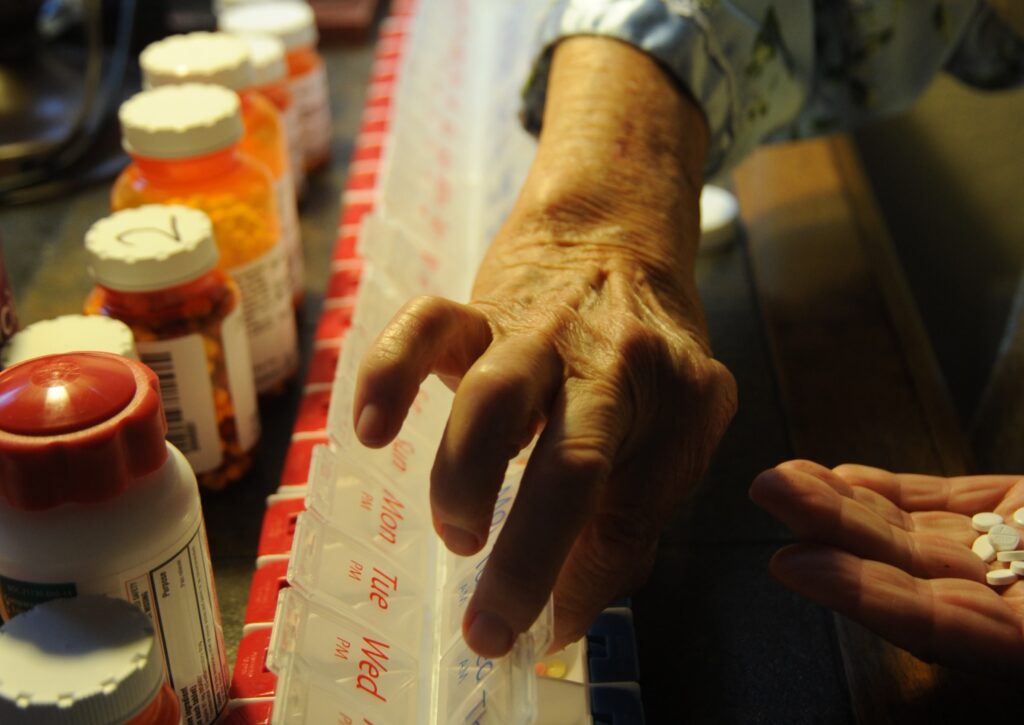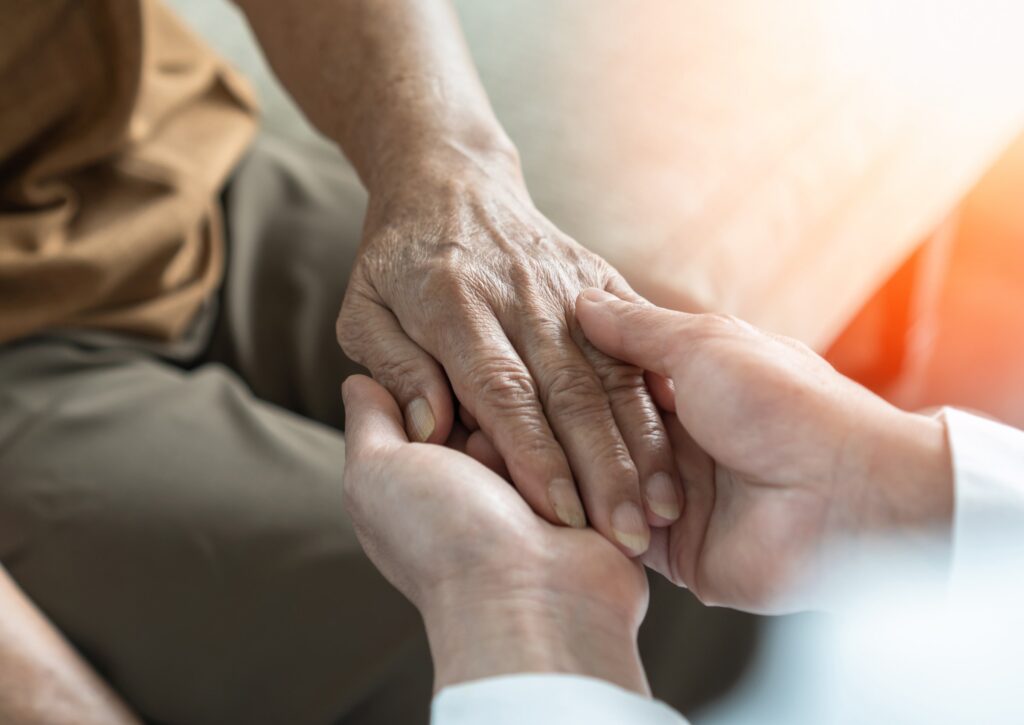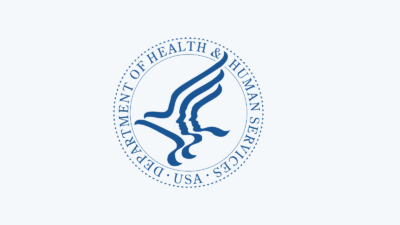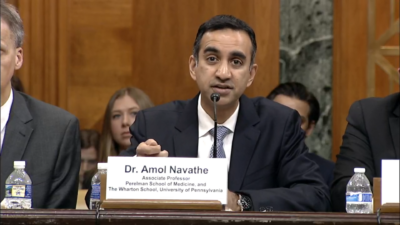
CHIBE Annual Report 2023–2024


Letter from CHIBE Director Kevin Volpp
CHIBE has seen incredible growth in our family of programs that use behavioral economics insights to tackle areas such as end-of-life care, cardiovascular health, cancer outcomes, food policy and nutrition, global health, economic opportunity, equity, health care analytics, pharmaceutical cost sharing, and more. We are fortunate to be able to contribute to the development of a strong group of complementary programs that is arguably unique among universities in the United States.
I am excited to share that the National Institute on Aging has renewed CHIBE’s “Roybal Center” for the next 5 years, providing funding to continue to advance the translation of behavioral economics concepts to improve health. We will conduct cutting edge research, taking results to scale, and will focus in particular on how to avoid the “voltage drop” described by our University of Chicago colleague John List, whereby promising ideas lose efficacy as they move from small-scale pilots to large-scale interventions. We have adopted a few strategies for avoiding voltage drops including:
- Being intentional in the creation of research partnerships with organizations that have shared interests and the capability to test ideas in ways that mimic scaled implementation;
- Doing a combination of tests of efficacy among those who choose to participate in trials and effectiveness among all to whom a program is offered with a focus on both efficacy and program engagement;
- Being as transparent as possible in terms of methodological rigor, methods, and data to ensure successful replication.
Our center will focus on creating and sustaining a robust ecosystem for behavioral science and health research at Penn and beyond and will also lead national and global efforts on the application of behavioral science. We are also moving into new areas such as the testing of dynamic adaptation using artificial intelligence in partnership with the Wharton Health Care Analytics Lab, while our faculty affiliates continue to forge new ground in a variety of areas of great importance to population health.
I have also continued to serve as the Scientific Director for the American Heart Association’s Health Care by Food initiative, a landmark effort to build evidence on what type of Food is Medicine interventions are effective and cost effective in improving health. We have made great progress this year, standing up task forces with dozens of national experts that have provided guidance on common measures, data infrastructure, policy evaluation, and field-based infrastructure. More than $8 million of support has been provided to launch 20 pilot randomized trials, and more than 20 CHIBE affiliates are involved in either project teams or task forces. I am proud of our contributions to this important national effort.
I want to thank our departing external advisory board members Rebekah Gee, Mark Smith, and Karen DeSalvo for their outstanding service while welcoming aboard Amir Dan Rubin, Jim Karkanias, and Avik Roy. I am sad to note the passing of long-time board member Gail Wilensky who served on our board for 13 years including as Vice Chair. She will be greatly missed.
We also extend our thanks to Hoag Levins and Eric Sucar for their photos contained in this report.
Kevin Volpp, MD, PhD
Director, CHIBE
Mark V. Pauly President’s Distinguished Professor
Perelman School of Medicine and the Wharton School
University of Pennsylvania

Our Vision: A healthier and more equitable world powered by behavioral economics.
Our Four Focus Areas
The Year in Review
At-A-Glance
Our faculty include affiliates primarily from the University of Pennsylvania but also from universities across the country who work in a number of fields, including medicine, business, economics, psychology, law, nursing, communication, and computer science.
By the Numbers
903
CHIBE-authored publications in 2023
8,301
Media mentions of our faculty
241
H-index for CHIBE-authored articles
102
Affiliated faculty
16
Years since CHIBE’s founding
5,490
X followers
1,884
Newsletter subscribers
From Our Top Tweets
“Smokers who report greater depression severity show a decline in reward learning despite their participation in smoking cessation treatments, suggesting that depressed populations pose unique challenges with standard smoking cessation approaches.” Read more.
“Eating behavior is difficult to change, so as food and nutrition policy researchers, we find it very encouraging that such a simple intervention—merely placing some numbers on a restaurant menu—can lead to any behavior change.” @JAMANetworkOpen Read more.
Highlights
Learn about some of our important discoveries this year.
Research & Publications
News & Media
-
New study shows daily incentives help you reach exercise goals
Today Show -
These countries are doing nutrition labels the right way
The Washington Post -
We’re absolutely making it too hard’: The complexity of adult immunization delivery hinders vaccine uptake
STAT -
A hive mind of doctors can mean better care for patients
TIME
What behavioral science project did you work on this year?



The Year in Impact
Impact Stories
CHIBE’s research makes a direct impact in contributing to improving health. This year, our faculty helped boost mammogram screening rates, increased appropriate statin prescribing, advocated for improved chronic care and HIV medication access, and more.

Using Behavioral Science to Increase Mammogram Completion Rates
CHIBE researchers found that behavioral science strategies such as opt-out framing, bulk ordering, text messaging, and self-scheduling significantly increase uptake of breast cancer screening, resulting in thousands of additional patients being appropriately screened.

Appropriate Statin Prescribing Soars with Automated Referrals to Pharmacy Service
Members of CHIBE helped create and test a new program using automated referrals to pharmacy services that significantly increased appropriate statin prescribing. Penn Medicine is now funding scaled implementation of this intervention, allowing this research to be translated into practice.
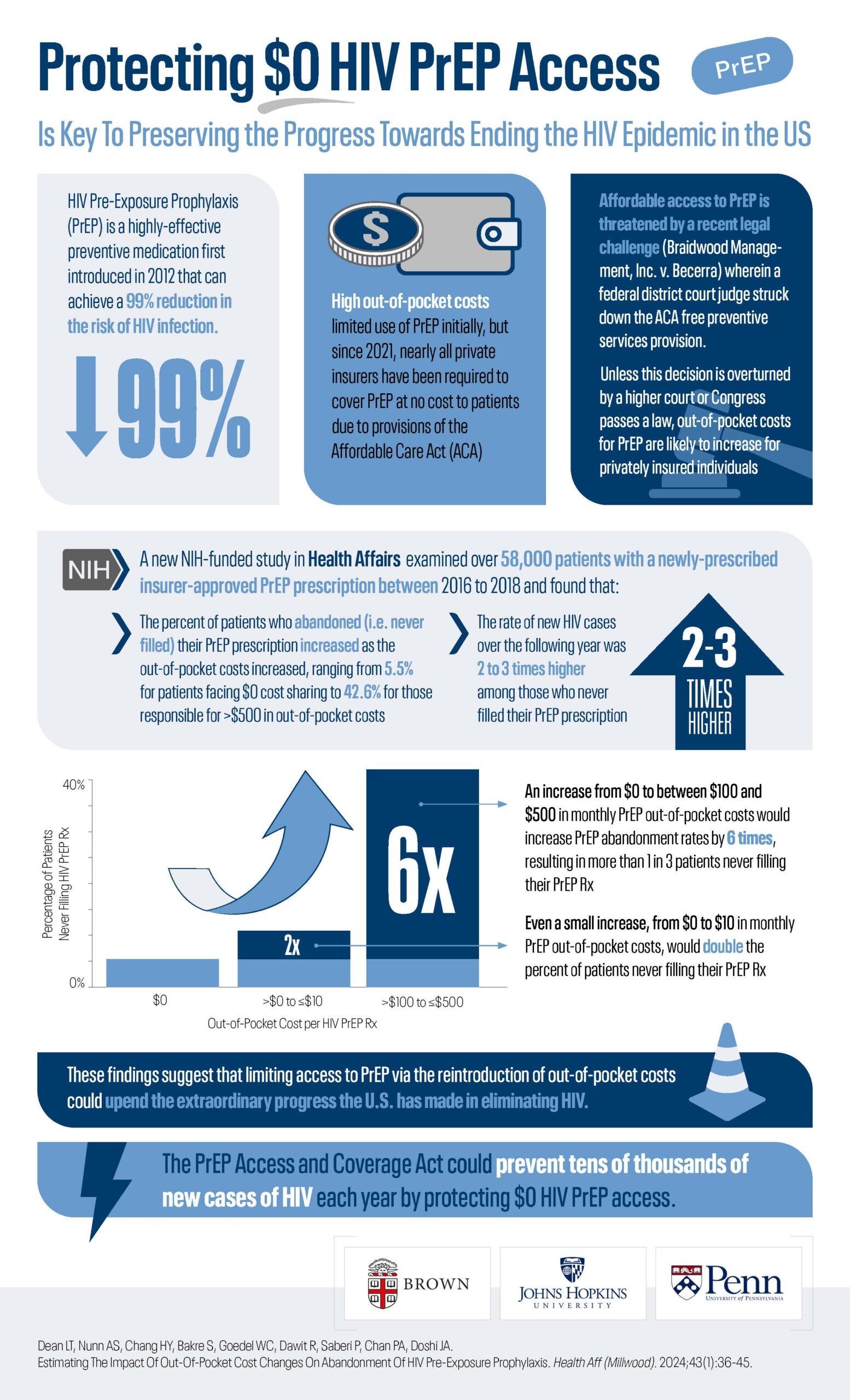
What Would Happen to PrEP Adherence If Out-of-Pocket Costs Rise?
CHIBE Associate Director Dr. Jalpa Doshi and colleagues’ research indicates that recent legal challenges to the provision of PrEP with no cost sharing would likely substantially increase PrEP abandonment and HIV rates.

Changing Financing to Improve Chronic Care
CHIBE Associate Director Dr. Amol Navathe spoke about potential avenues to improve chronic care through Medicare physician payment in his expert testimony before the U.S. Senate Committee on Finance this year.
Events
CHIBE hosted several research seminars with the leading minds in behavioral economics, health, and policy. Each year, we also host a team retreat and a symposium to share the latest research and create new connections.

Family of Programs
Our faculty lead many initiatives in areas such as food policy, global health, health equity, technology infrastructure, health care payment policy, and more. Learn about our faculty members’ expertise and research interests below.
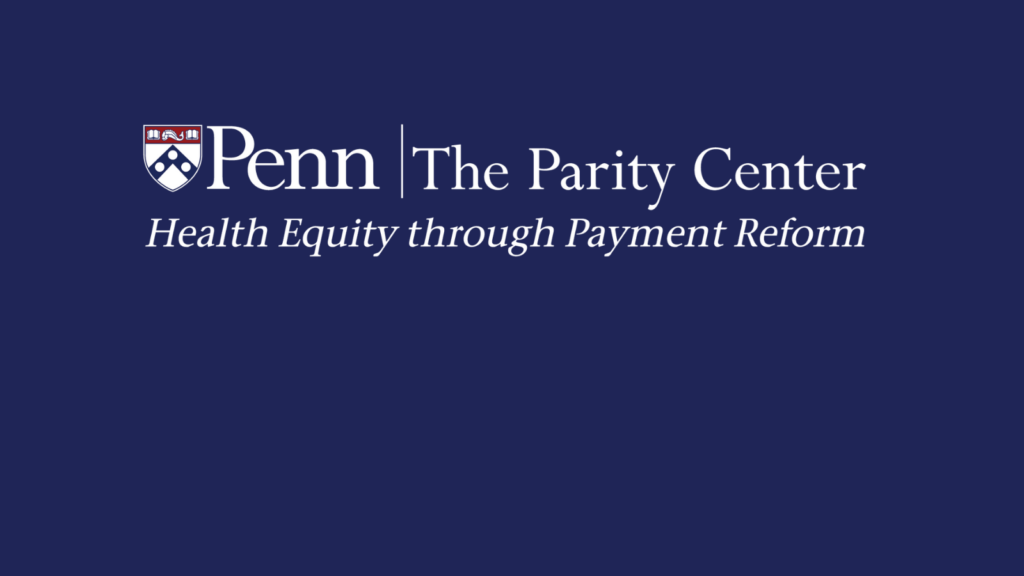
Q&A with the Parity Center
This year, CHIBE Associate Director Dr. Amol Navathe launched The Parity Center, an interdisciplinary team of experts working to catalyze reform in health care payment in a way that promotes equitable health care delivery and outcomes.
Penn Medicine Nudge Unit
Designing and testing approaches to steer medical decision-making and daily health behaviors toward higher value and improved patient outcomes.
Read MoreThe Center for Food and Nutrition Policy
Advancing the evidence base on food and nutrition policies to support health.
Read MoreWay to Health
Blending behavioral science with scalable technology to conduct randomized controlled trials.
Read MoreAccelerate Health Equity
Addressing health equity and racism and advancing health through a unified approach.
Read MoreJoint Research Practices
Developing guidelines for the conduct of research that includes people from all backgrounds to advance science and practice of health equity
Read MoreIndlela
Developing behaviorally informed HIV programs in South Africa through a first-of-its kind nudge unit.
Read MoreThe BEGIN Lab
Finding innovative solutions to persistent challenges that limit healthy lifespans globally.
Read MoreThe HACLab
Administering research projects that involve health care technology, data, and cancer care delivery.
Read MoreBehavior Change for Good
Developing behavior change programs to improve daily decisions about health, education, and savings.
Read MoreOpportunity for Health
Identifying and evaluating interventions and policies that can boost opportunity and improve health for all Americans.
Read MoreThe ASCVD Risk Reduction Initiative
Testing ways to help patients and clinicians lower cardiovascular disease risk using behavioral science and innovation.
Read MorePenn Implementation Science Center in Cancer Control (ISC3)
Applying insights from behavioral economics to accelerate the pace at which evidence-based practices for cancer care are deployed.
Read MoreThe PAIR Center
Improving the lives of people affected by serious illness and removing the barriers to health equity that seriously ill patients commonly face.
Read MoreWharton Healthcare Analytics Lab
Developing the pioneering algorithmic tools that organizations and governments need to leverage machine learning opportunities to improve healthcare for all.
Read MorePopulation Health Lab
Evaluating and implementing evidence-based interventions to improve health outcomes at scale.
Read MoreAwards
CHIBE wishes to congratulate the following faculty and staff for their impressive achievements. These awards showcase CHIBE’s culture of innovation and excellence.

Paula Chatterjee, MD, MPH
Junior Investigator Award
Society of Hospital Medicine
Blockley-Osler Teaching Award
Perelman School of Medicine

Kayla Clark, MPH
Models of Excellence
University of Pennsylvania

Jordy Cohen, MD, MSCE
Marjorie A. Bowman New Investigator Research Award
Penn Medicine
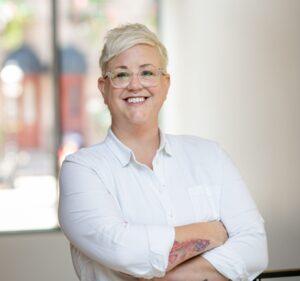
Erica Dixon, PhD
Named a Health Care Power Player
Metro Philadelphia

Alexander G. Fiks, MD, MSCE
Samuel Martin Health Evaluation Sciences Research Award
Penn Medicine

Adam Grant, PhD
Recognized on list of most influential management thinkers in the world
Thinkers50

Kevin Mahoney, MBA
Named one of 150 most influential Philadelphians
Philadelphia Magazine
Named a Health Care Power Player
Metro Philadelphia
Named a 2024 Great Leader in Healthcare
Becker’s Hospital Review
Named to Power 100 List
Philadelphia Business Journal

Shivan Mehta, MD, MBA
Distinguished Investigator Award for Translation from Proof of Concept to Widespread Clinical Practice
Association for Clinical and Translational Science

Katy Milkman, PhD
Recognized on list of most influential management thinkers in the world
Thinkers50

Ravi Parikh, MD, MPP, FACP
2023-2025 Gilbert S. Omenn Fellow
National Academy of Medicine
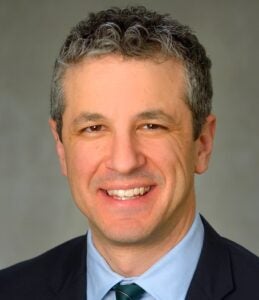
Matthew Press, MD, MSc
Luigi Mastroianni, Jr. Clinical Innovator Award
Penn Medicine

Aaron Richterman, MD, MPH; Lizzie Bair, MS; and Harsha Thirumurthy, PhD
Top 10 Clinical Research Achievement Award
Clinical Research Forum

Christina Roberto, PhD
William Osler Patient Oriented Research Award
Penn Medicine

Marilyn Schapira, MD, MPH
2024 Excellence in Teaching
Perelman School of Medicine

Eugenia South, MD, MSHP
Women of Color Award
University of Pennsylvania African-American Resource Center

Aaron Schwartz, PhD
Local HeRO Award
Corporal Michael J. Crescenz VA Medical Center

Harsha Thirumurthy, PhD
Robert Suskind & Leslie Lewinter-Suskind Faculty Global Health Award
Perelman School of Medicine’s Center for Global Health
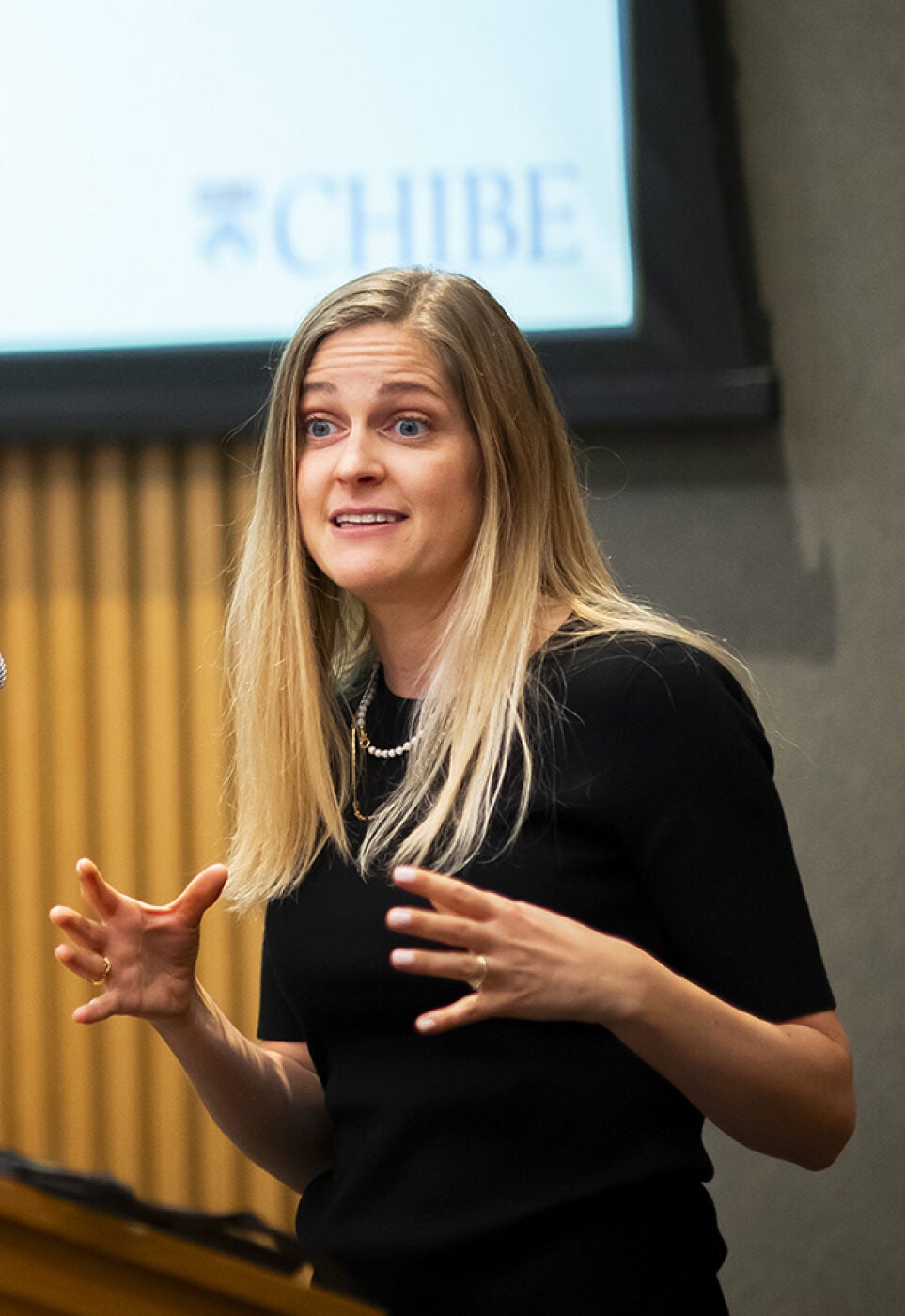
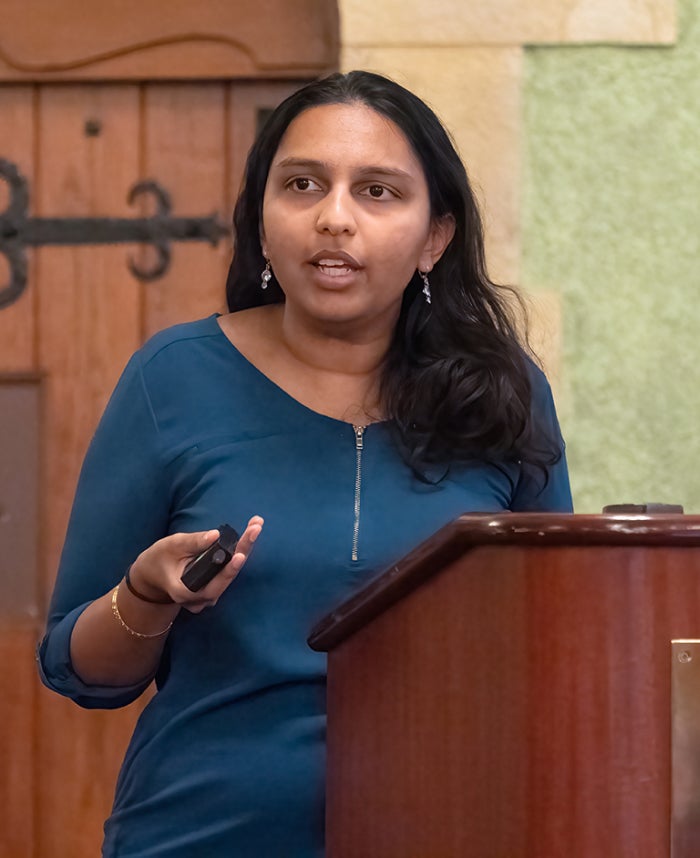
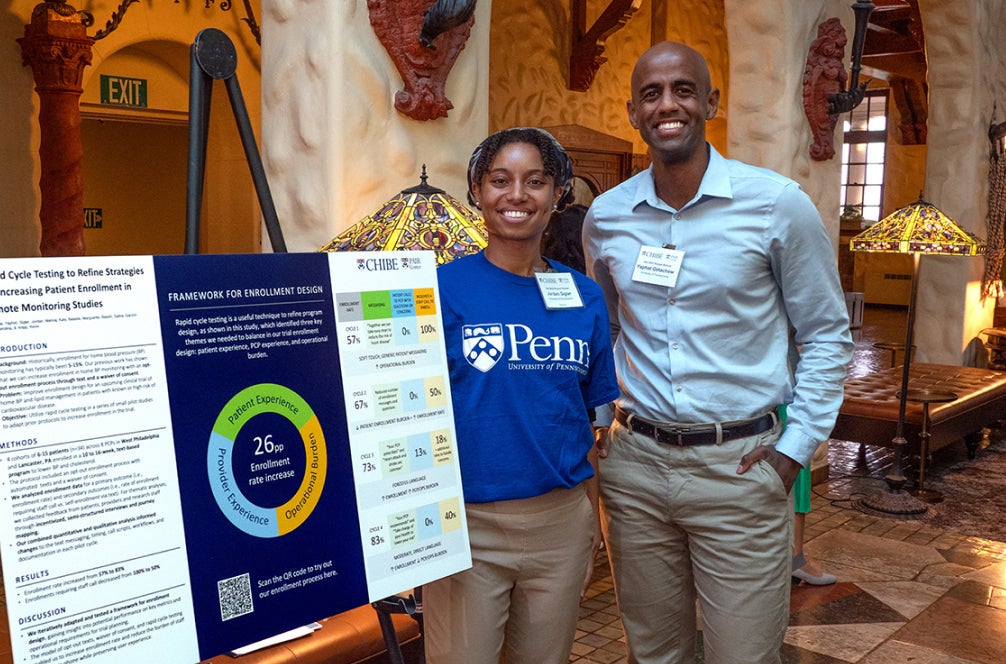
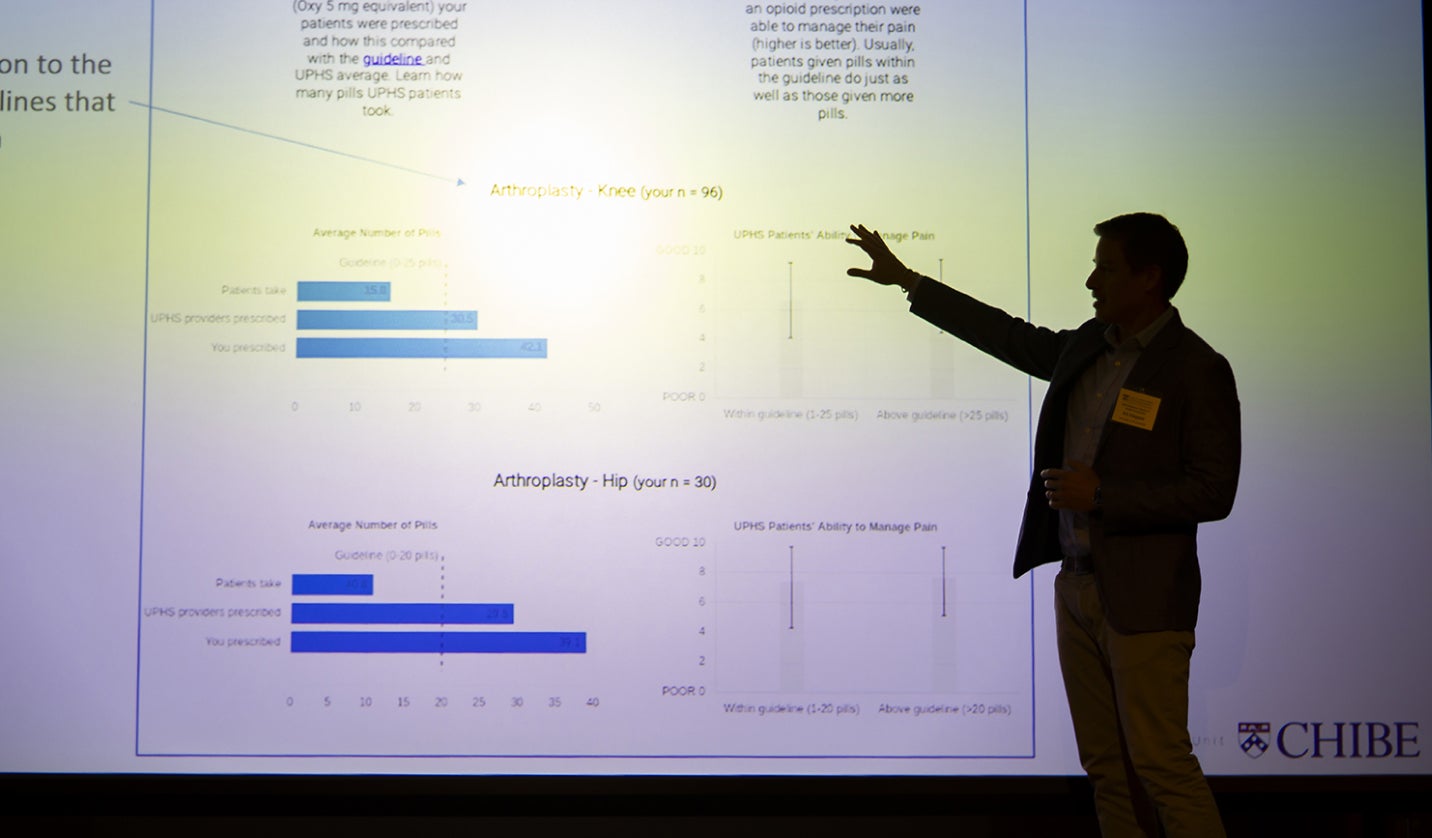
About CHIBE
About Our Center
CHIBE is the leading scientific organization using behavioral economics to improve health. Drawing on the expertise of faculty from across the University of Pennsylvania and beyond, CHIBE conducts behavioral economics research aimed at reducing the burden of disease from major public health challenges and seeking to advance health equity worldwide.
Our mission is to advance the science of applied behavioral economics in pursuit of knowledge, interventions, and policies that lead to higher-value health care, equal access to health care, and healthier lives for all.
Our Partners
We work with a variety of health systems, health plans, public service organizations, and NGOs. See just a few of our partners below.

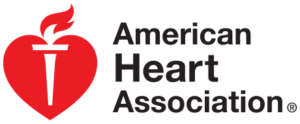




Funding Portfolio
CHIBE receives project-specific funding from foundation, corporate, and federal sponsors. Diversification of our portfolio has been a strategic priority over the past several years, and we have been successful in securing funding from several commercial entities and foundations. In addition, CHIBE receives support from the University of Pennsylvania Health System and the Perelman School of Medicine that has enabled us to make strategic investments, strengthen our infrastructure, and support junior faculty and trainees. We thank all our funders for their support of our initiatives.
~$40M
Total Grant Activity in Fiscal Year 2024
$24.4m
Federal
$11.9M
Foundation
$2.6M
Corporate
$1M
Gifts

Stay Connected
Follow us on Twitter @PennCHIBE and on LinkedIn. Sign up for our monthly Healthy Nudge newsletter, which keeps you up to speed on the latest developments in policy-relevant health behavioral economics research at CHIBE.
